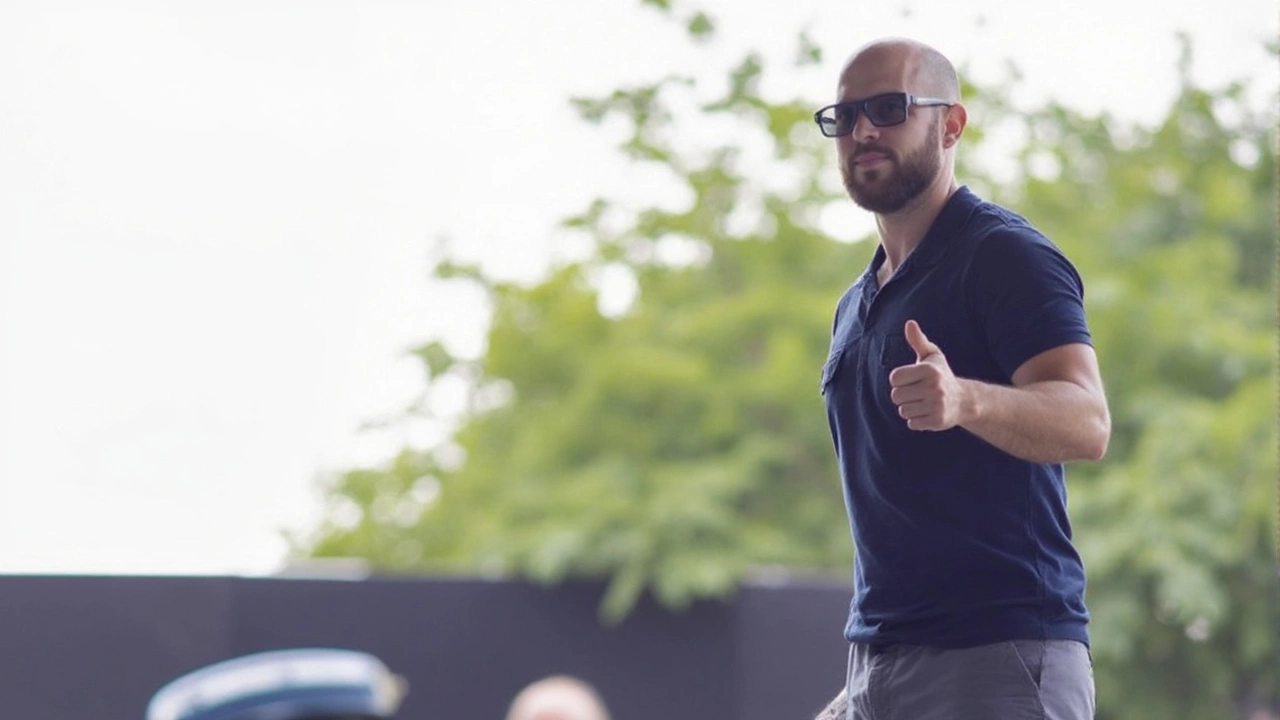Andrew Tate – The Man, The Media, The Madness
If you’ve skimmed headlines this year, you’ve probably seen the name Andrew Tate pop up again and again. He’s a former kick‑boxer turned internet personality who knows how to grab attention. Some call him a motivational guru, others label him a provocateur. Let’s break down what makes him such a polarising figure.
From the Ring to the Screen
Tate earned his first fame as a professional kick‑boxer, winning several world titles. When the fights slowed down, he shifted his energy to YouTube, Instagram and platforms like TikTok. He started posting videos about wealth, fitness, and what he calls “masculine success.” The mix of flashy cars, luxury watches, and blunt advice quickly attracted a huge following, especially among younger men looking for a role model.
Controversies That Keep Him in the News
The real reason his name sticks is the controversy. Tate repeatedly makes statements that many see as misogynistic or extremist. He’s been banned from major platforms for violating hate‑speech policies, only to pop up on new sites that welcome his style. Legal troubles have followed, including investigations into alleged human‑trafficking and fraud. Whether you agree with him or not, the legal battles keep the media cycle turning.
What’s interesting is how his followers react. They often rally around him, calling the bans censorship and framing Tate as a free‑speech martyr. This creates a feedback loop: the more he’s suppressed, the louder his supporters become. Critics argue that his influence spreads harmful ideas, while supporters claim he’s simply speaking uncomfortable truths.
Beyond the drama, Tate runs an online “Hustler’s University,” a subscription‑based program promising to teach members how to make money online, trade crypto, and improve their lifestyle. The courses are pricey, and reviews are mixed – some say they’ve earned extra cash, while others call it a costly scam. The business model fuels another layer of debate about whether he’s a savvy entrepreneur or exploiting followers.
So why does Andrew Tate stay relevant? First, his content is designed to be viral – short, punchy, and provocatively worded. Second, the media loves a story that pits freedom of speech against platform policy. Finally, his brand taps into a cultural moment where many young people feel disconnected from traditional role models and look for bold, unapologetic voices.
If you’re trying to understand today’s online culture, ignoring Tate means missing a key piece of the puzzle. He’s a reminder that digital fame can skyrocket from a single controversial tweet, and that the line between influencer and agitator is getting blurrier every day.

Andrew Tate Can Leave Romania as Prosecutors Lift Travel Ban Amid Ongoing Controversy
Romanian prosecutors allowed Andrew and Tristan Tate to leave the country after lifting their travel ban, with a return deadline for a court hearing. The brothers face serious charges, drawing criticism and political attention, particularly from U.S. officials. Although temporarily abroad, they are obligated to return to Romania, maintaining their innocence against accusations.
View more